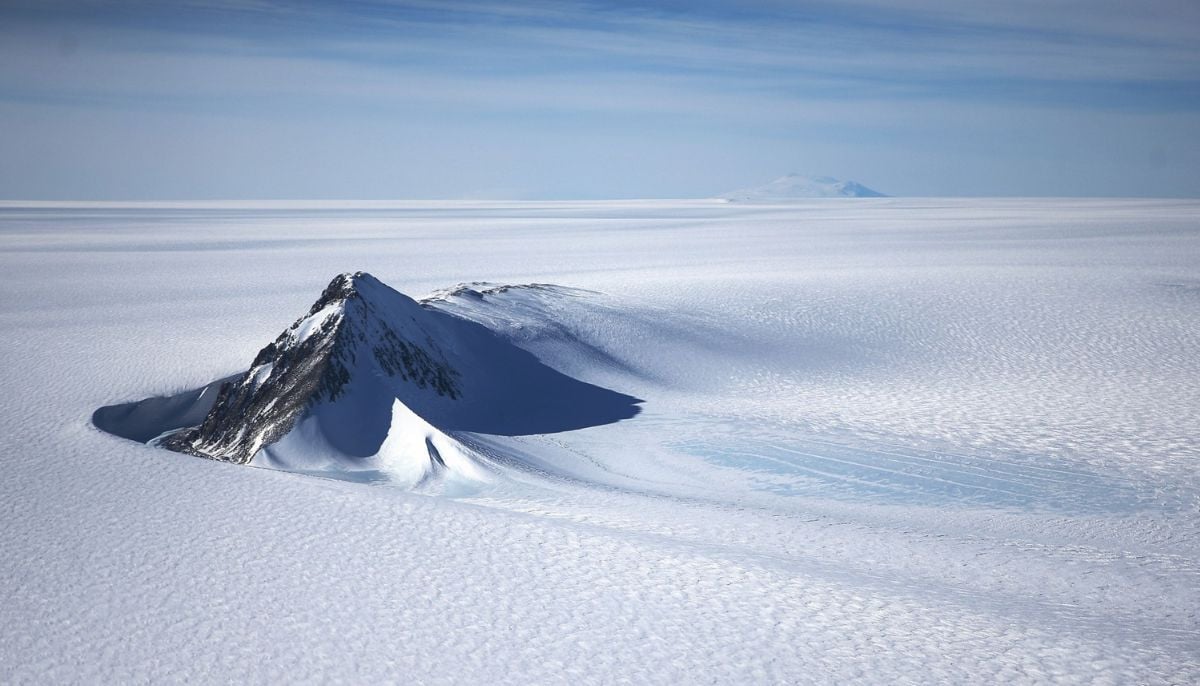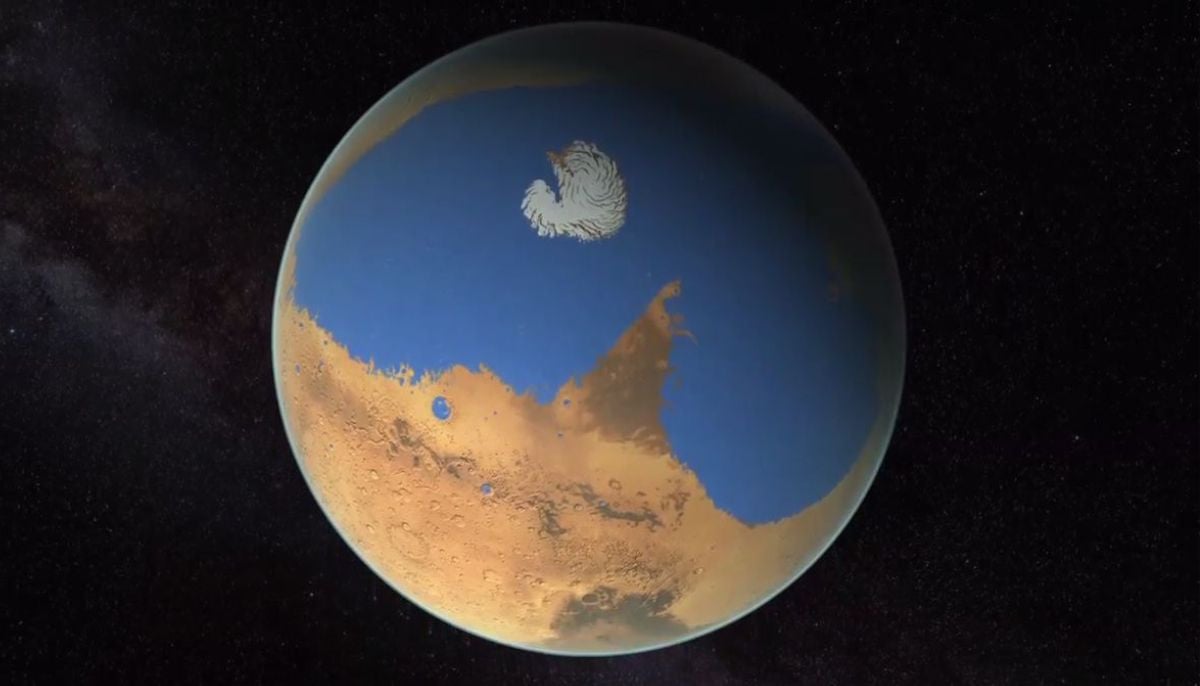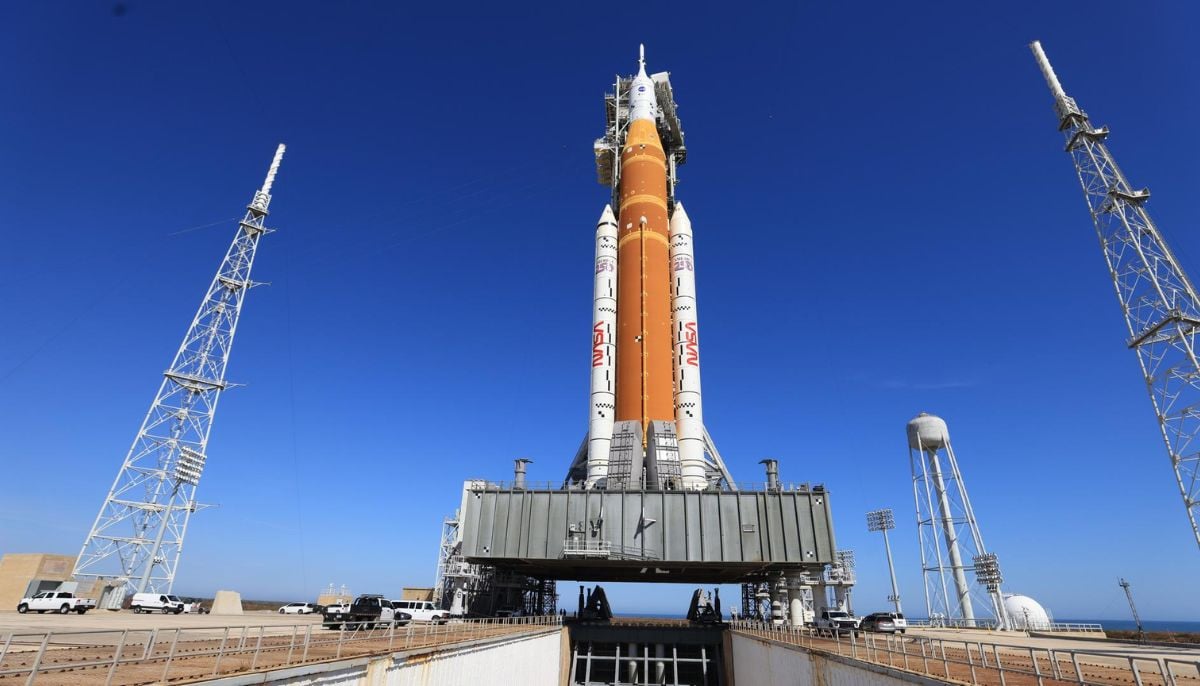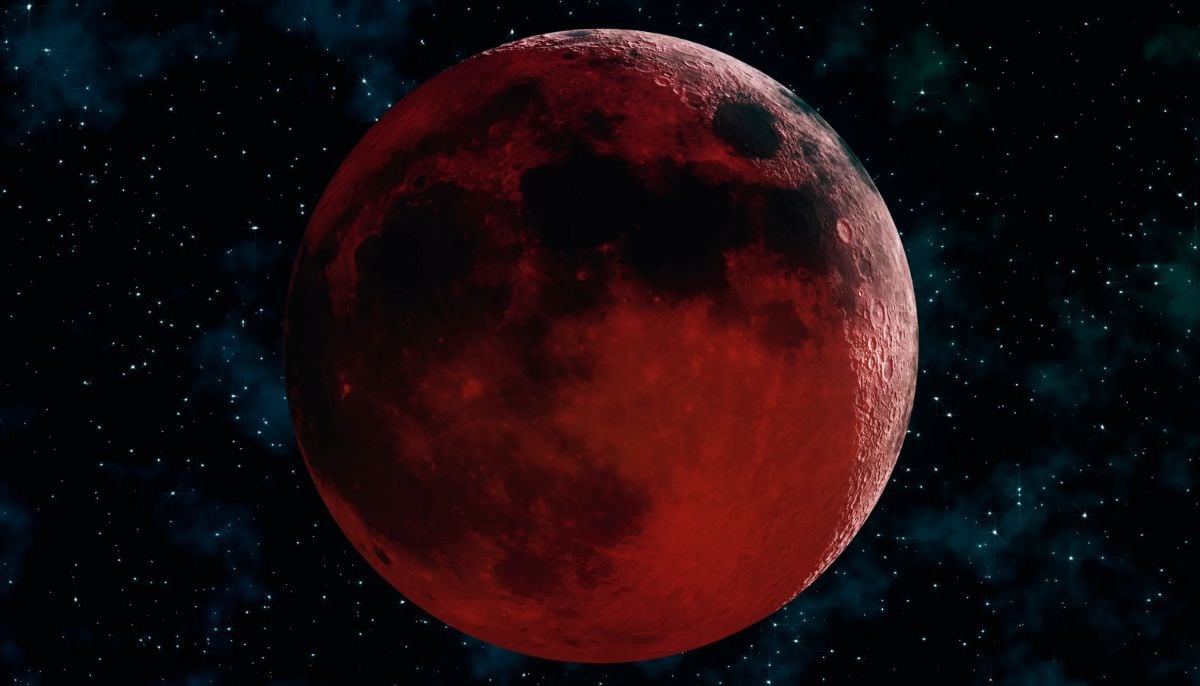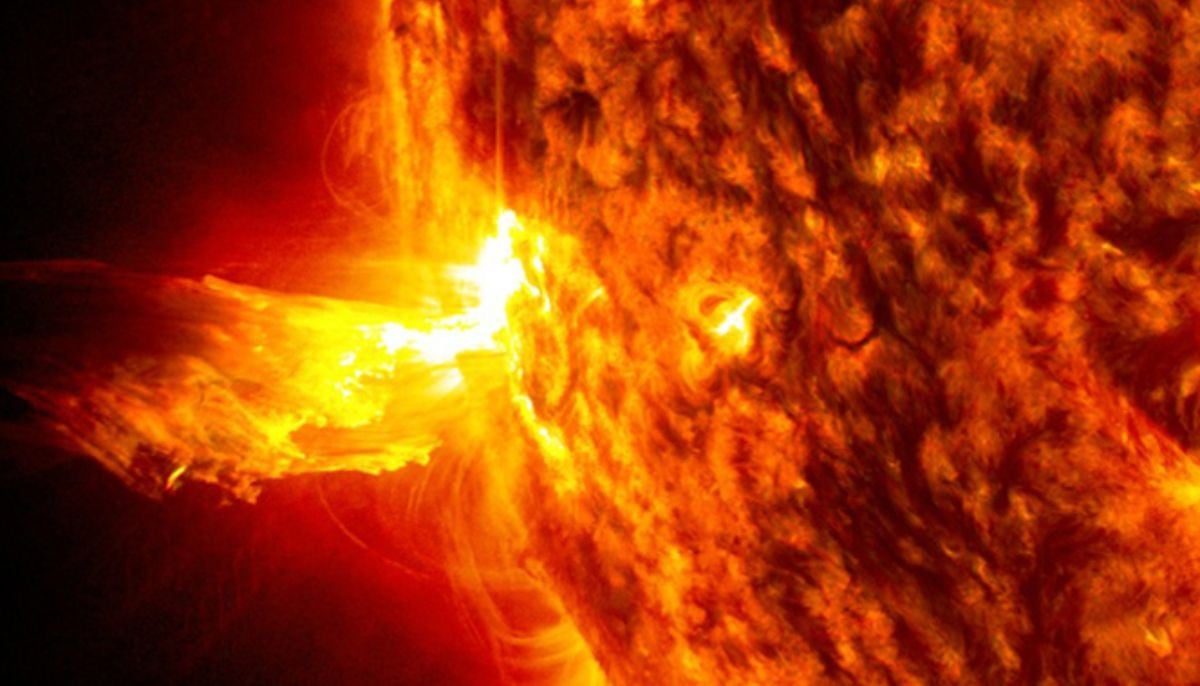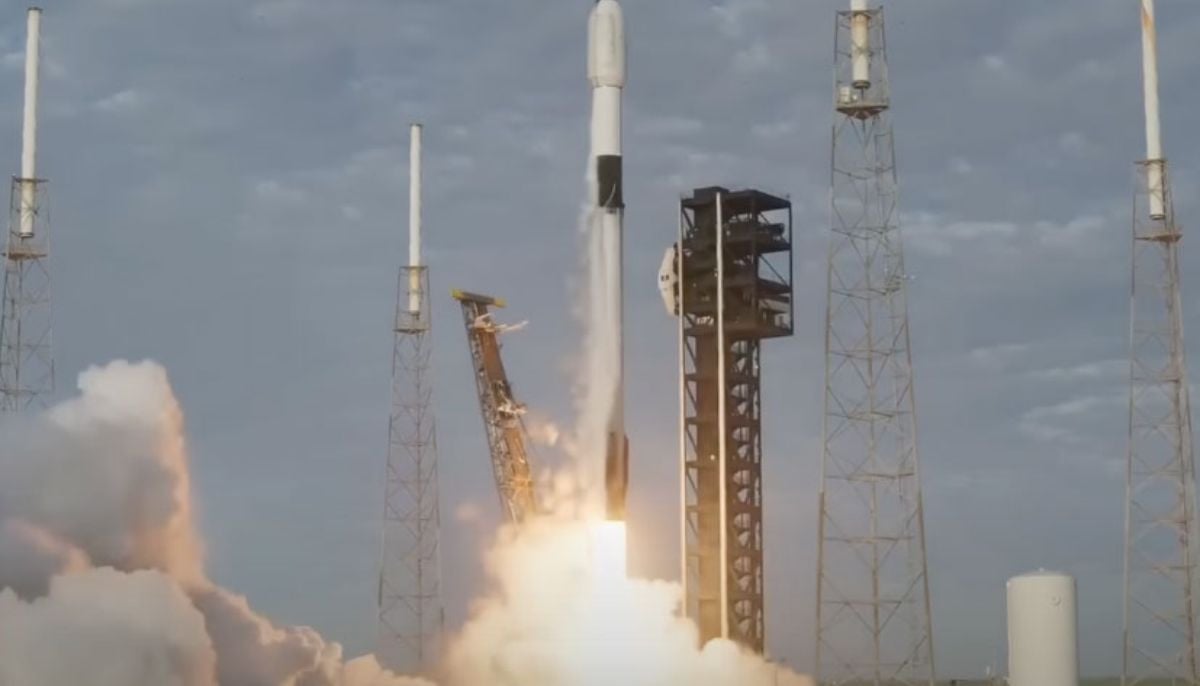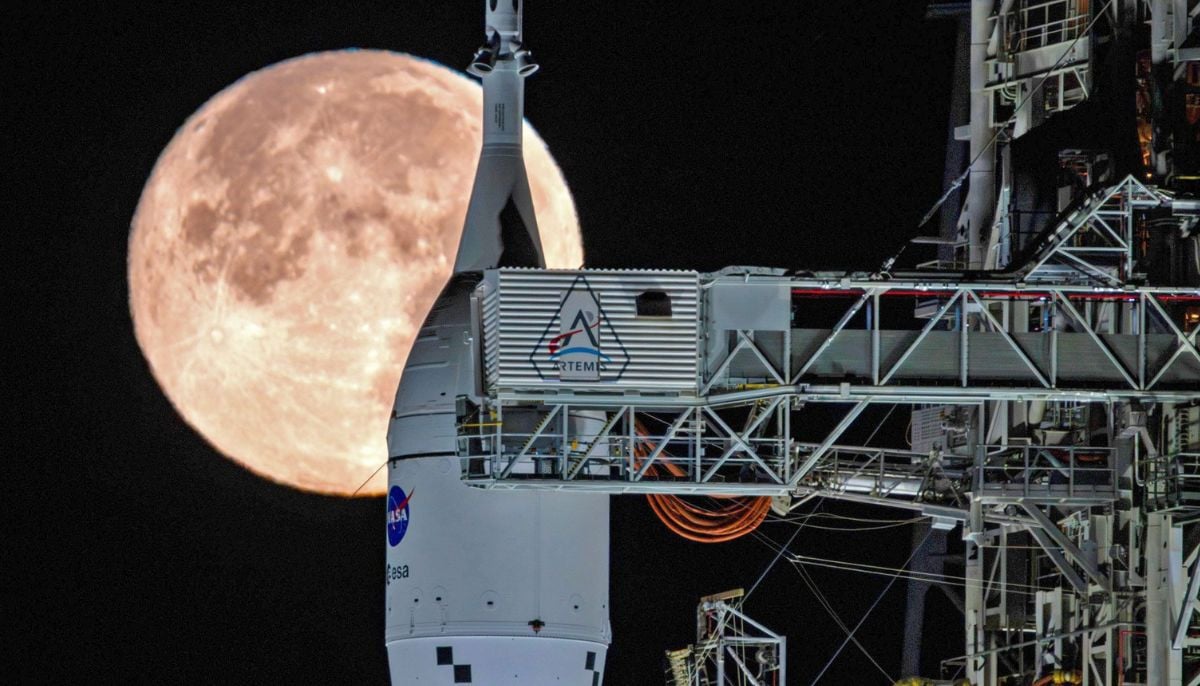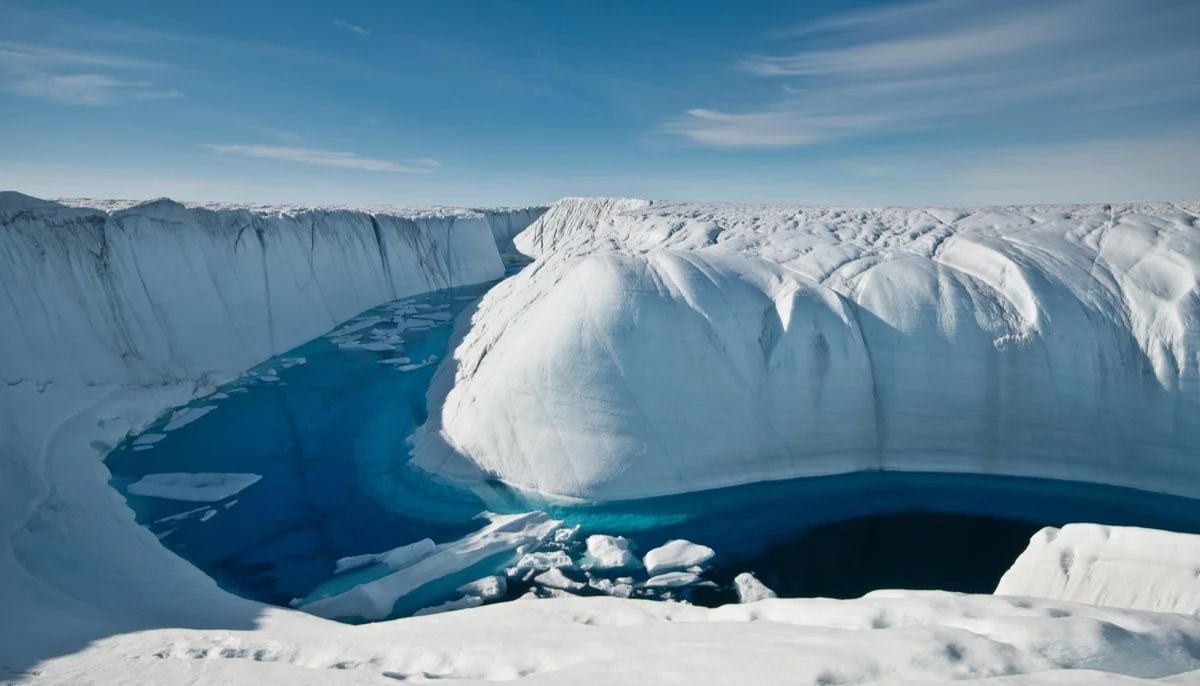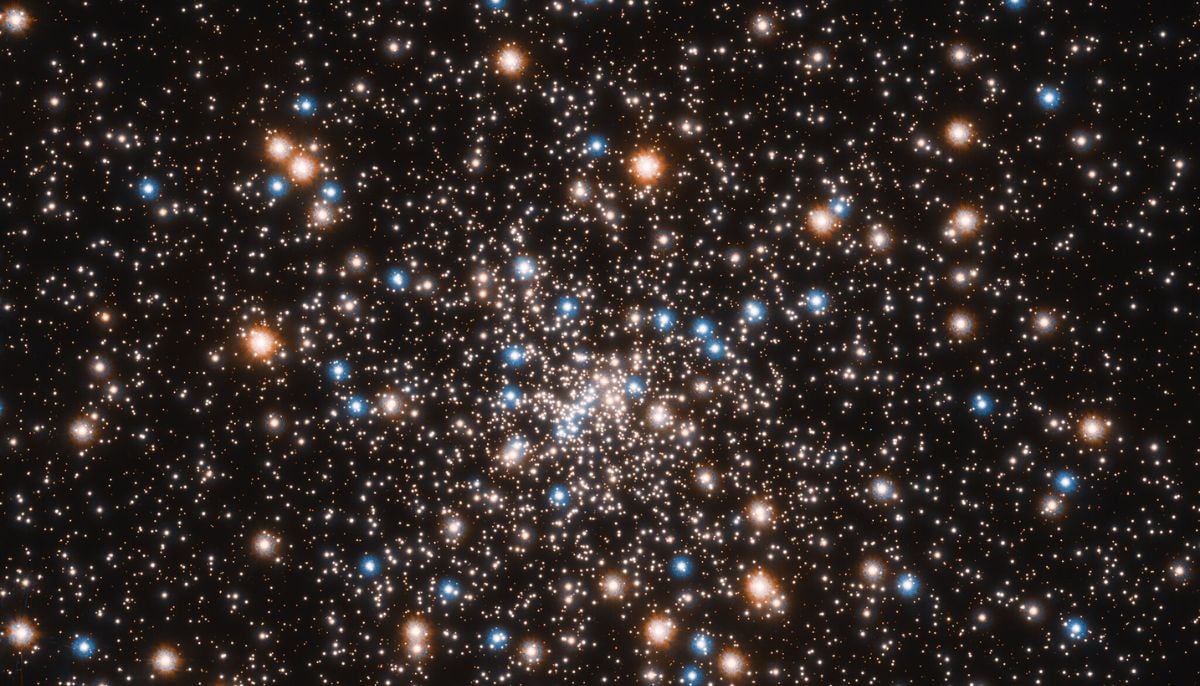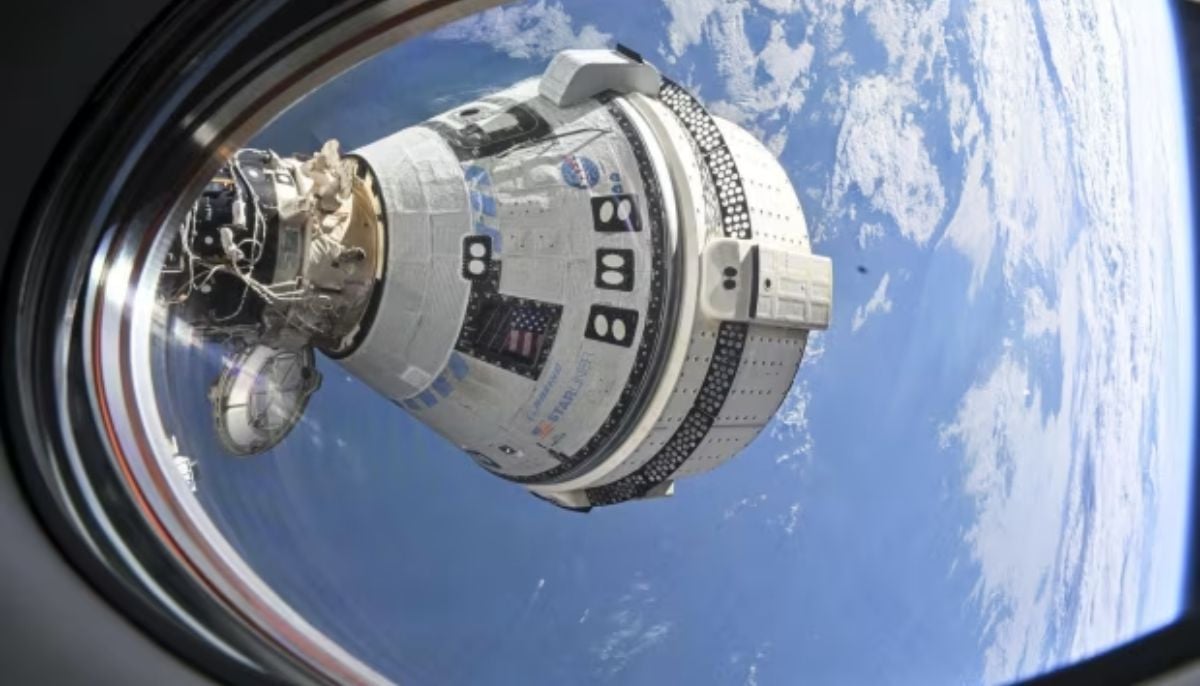VIDEO: Nasa's Perseverance rover probes ancient river on Mars
Nasa's Perseverance rover is examining rocks that depict multiple eras in history of river delta on Mars
Nasa's Perseverance rover captured a 360-degree image of Mars, which includes 2.38 billion pixels from Jezero Crater and provides information about the ancient river delta history of the planet.
Nasa's Perseverance rover is examining rocks that depict multiple eras in the history of a river delta that is billions of years old, following 1,000 days of exploration on Mars.
The Jezero Crater on Mars is being studied by scientists to discover if any signs of prehistoric life may be found in the rocks. A guided tour of a highly detailed panorama of the rover's location in November 2023, captured by the Mastcam-Z instrument, is given by Perseverance project scientist Ken Farley.
This 360-degree mosaic, which spans 993 separate photos and 2.38 billion pixels, looks in every direction from what the rover science team refers to as "Airey Hill."
A portion of the rover itself is visible in the scene; as a result of the image processing, it seems more deformed towards the edges.
An application of colour enhancement highlights colour variations and boosts contrast in the image. Mission scientists can use their everyday expertise to interpret the landscape because the modification approximates what the environment would seem like under lighting circumstances similar to earth.
-
Total Lunar eclipse: What you need to know and where to watch
-
Sun appears spotless for first time in four years, scientists report
-
SpaceX launches another batch of satellites from Cape Canaveral during late-night mission on Saturday
-
NASA targets March 6 for launch of crewed mission around moon following successful rocket fueling test
-
Greenland ice sheet acts like ‘churning molten rock,’ scientists find
-
Space-based solar power could push the world beyond net zero: Here’s how
-
Hidden ‘dark galaxy' traced by ancient star clusters could rewrite the cosmic galaxy count
-
Astronauts face life threatening risk on Boeing Starliner, NASA says
